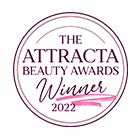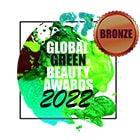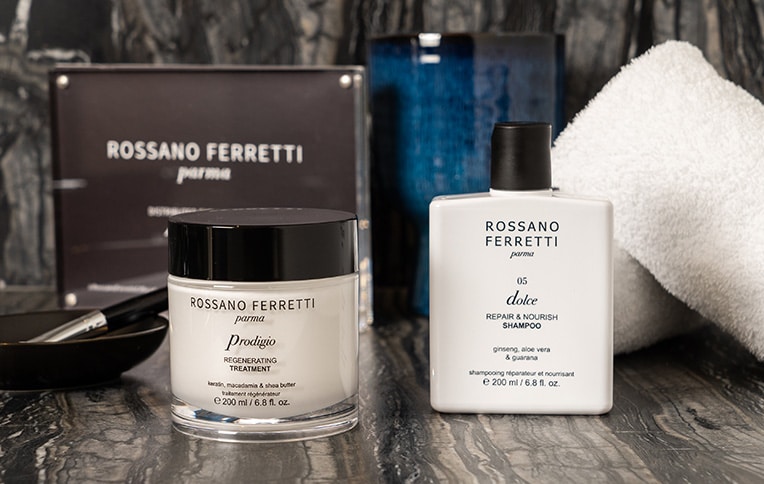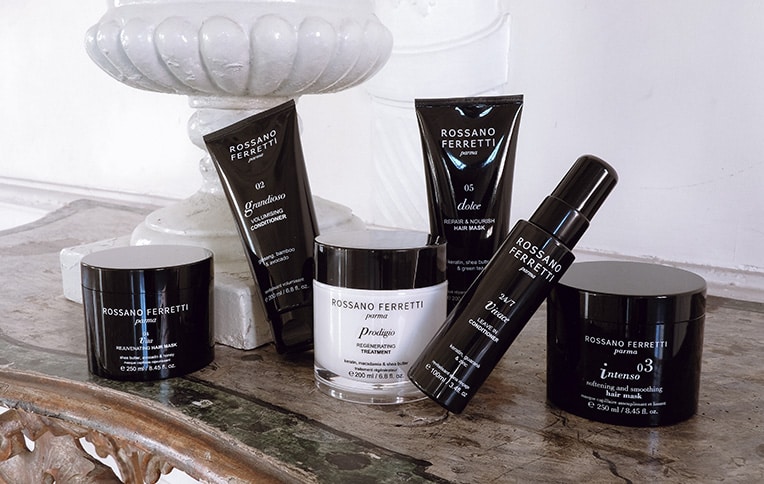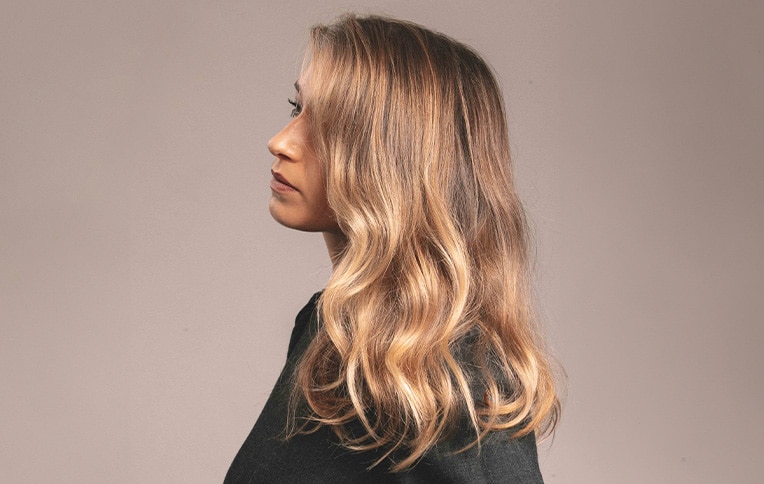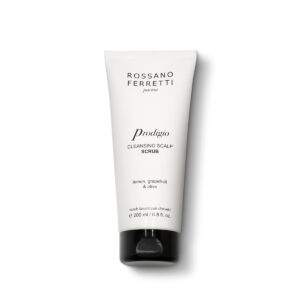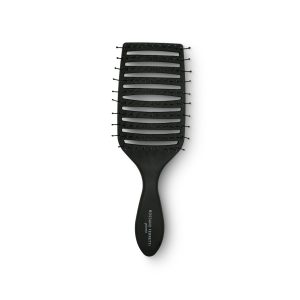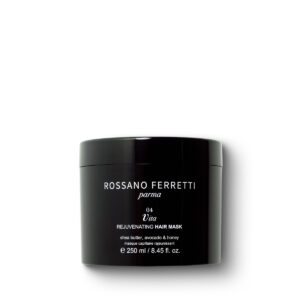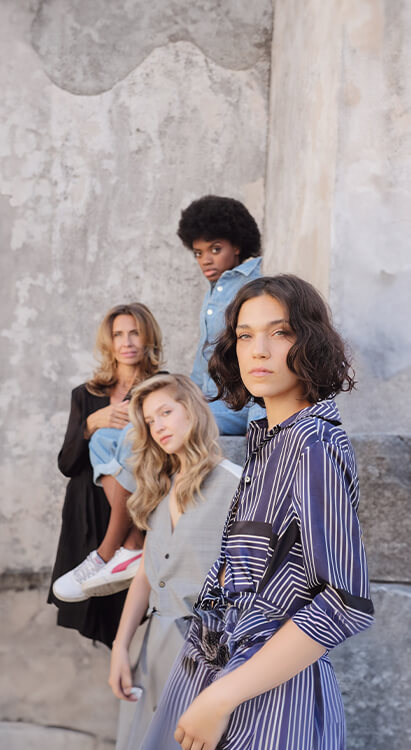How to take care of bleached hair
At Rossano Ferretti Parma, we believe in the harmonious marriage of artistry and nourishment, particularly when it comes to taking care of bleached hair. We understand that the journey to ethereal, sun-kissed tresses can be as exhilarating as it is to lighten your delicate strands. As your trusted artisans of haircare, we are here to guide you through the art of how to take care of bleached hair, ensuring that you remain the muse of your own masterpiece.
But first, let’s understand the impact of bleaching your hair
The allure of bleached hair beckons many, promising a stunning and radiant transformation. However, the process of lightening one’s tresses often comes with a hidden cost. The potent alchemy of bleach strips the hair of its natural melanin, leaving it vulnerable and weakened. This loss of vitality and strength can result in dryness, breakage, and a loss of elasticity that compromises the overall health and splendour of your crowning glory. As such, it is essential to lavish care and attention upon your bleached locks, ensuring they remain a resplendent testament to your unique beauty.
Unravel the secrets to thriving, healthy and gleaming locks with the following professional tips on how to take care of bleached hair.
Give your hair the regal treatment it deserves.
For the newly-burnished bleached hair goddesses among us, the Prodigio Regenerating Treatment is the panacea your hair craves. Infused with the restorative powers of amaranth oil and shea butter, this intensive hair repair treatment breathes new life into fragile, bleached locks. Allow your tresses to luxuriate in this elixir, and watch as they emerge supple and strong, like the silken threads of a couturier’s tapestry.
Revel in the beauty of our Prodigio Regenerating Oil.
A lavish blend of precious oils and botanical extracts, our Prodigio Regenerating Oil is a symphony of nourishment for your hair. With ingredients like acai berry oil and avocado oil, it bestows upon your strands a lustrous sheen, reminiscent of a Venetian sunset. As an essential step in your haircare routine to repair damage and seal split ends, this oil provides a protective, silken cloak upon your tresses, safeguarding them from the ravages of the elements.
Choose a shampoo, conditioner, and mask that befit your hair’s newfound glory.
When it comes to caring for bleached hair, selecting the right products is like choosing the perfect accompaniments to an exquisite ensemble. Our Rossano Ferretti Parma Shampoos, Conditioners, and Masks are the harmonious trinity that will elevate your haircare routine to an art form. These luxurious, handcrafted products are designed to gently cleanse, condition, and hydrate your hair, while respecting its delicate balance, and thus, forms an essential step in how to take care of bleached hair.
Embrace a gentle touch when handling bleached hair.
Treat your bleached tresses with the same reverence as you would a delicate masterpiece. Avoid aggressive brushing, which may cause breakage, and instead opt for a wide-tooth comb or a gentle Professional Detangling Brush. When drying your hair, gently press the water out using a soft towel or a microfiber cloth, like the gentle kiss of a summer breeze on your skin.
Be mindful of applying heat to bleached hair
While the allure of heat styling may be tempting, it can wreak havoc on bleached hair that tends to be weaker than most, leading to a parched, lacklustre mane. Limit your use of heat tools and embrace your hair’s natural texture. If heat styling is a must, to achieve your desired look, that is of course welcome, though we recommend to protect your precious strands with a heat protectant spray, and always use the lowest heat setting possible.
Immerse yourself in the art of the hair mask.
Indulge in a weekly hair mask to provide your bleached locks with the essential nutrients they require. A luxurious, pampering ritual, a hair mask allows you to slow down and revel in the beauty of self-care. Our Rossano Ferretti Parma Masks are the essence of self-indulgence, formulated with sumptuous ingredients that will breathe life and lustre back into your hair.
Trim your tresses regularly.
Just as a sculptor carefully chisels away at their marble masterpiece, so too must you prune your tresses to maintain their splendour. Schedule regular trims to keep your bleached hair healthy and free from split ends, ensuring your mane remains a vision of radiance and grace.
For more insightful advice on how to care for and repair damaged hair, we invite you to explore this treasure trove of knowledge: How to Care for and Repair Damaged Hair.
Embrace the artistry and science of haircare with Rossano Ferretti Parma’s exquisite collection of products, designed to elevate your bleached hair beauty routine and transform your golden hair into a masterpiece. As you journey through the world of haircare, remember that the key to flourishing, vibrant tresses lies in the delicate balance of nurturing and protecting your bleached hair. With our Prodigio Regenerating Treatment, Prodigio Regenerating Oil, and the finest selection of Shampoos, Conditioners, and Masks, your bleached hair will be the crowning jewel of your unique beauty.



